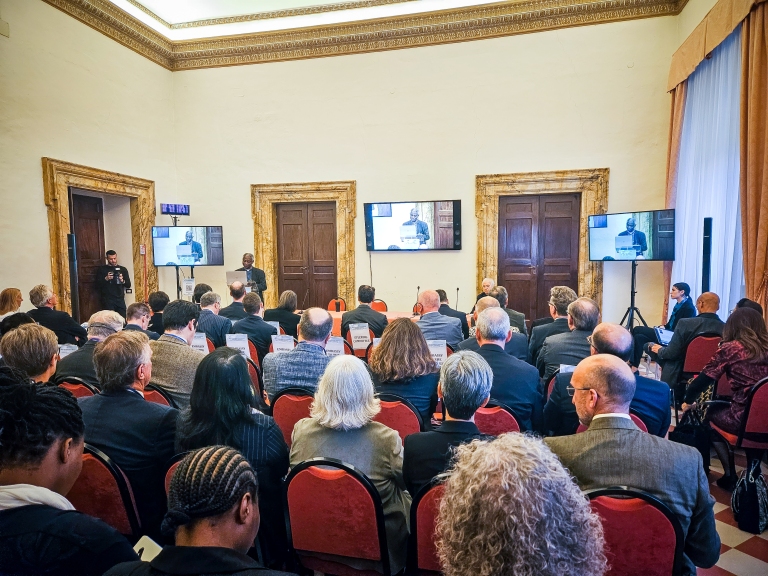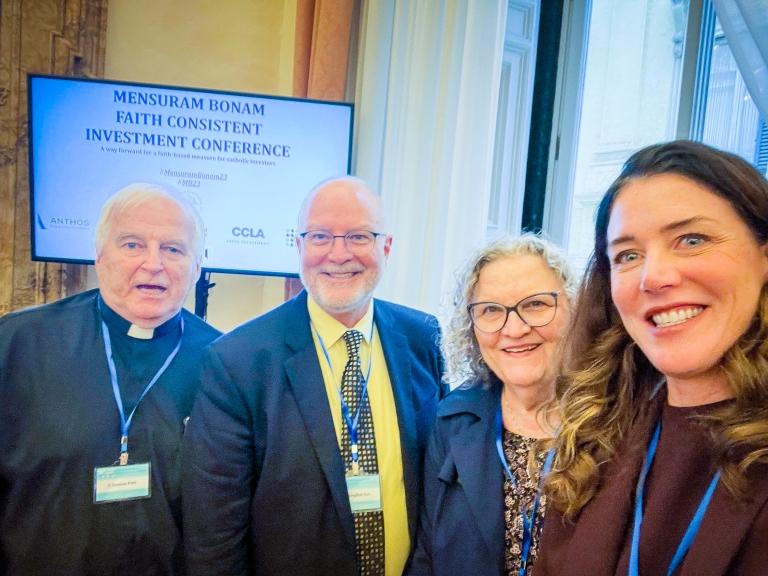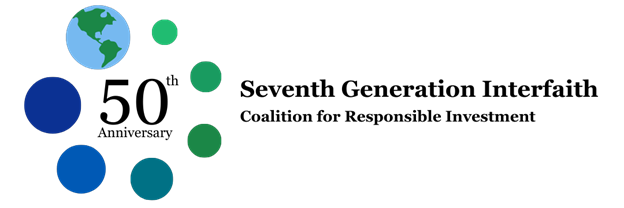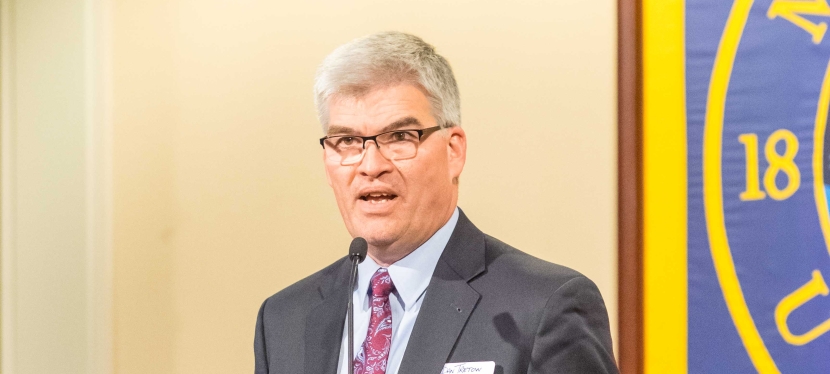The United Nations Climate Summit (COP28), which took place in Dubai, recently ended with a monumental report that still falls short of necessary progress. World leaders, climate experts, at least 1,300 fossil fuel lobbyists, and one CEO of a large fossil fuel company attended the meetings. ExxonMobil CEO, Robert Woods, attended COP28, marking the first time the CEO of a large fossil fuel company attended the meetings. And sure, while Woods said the conversations “put way too much emphasis on getting rid of fossil fuels, oil and gas” and not enough on “dealing with the emissions associated with them,” he at least was still part of the discussions.
The long-awaited and contested COP report recognizes the need for a transition “away from fossil fuels in energy systems, in a just, orderly and equitable manner, accelerating action in this critical decade, so as to achieve net zero by 2050 in keeping with the science.”
For the first time fossil fuels were explicitly discussed and named as a cause to the climate crisis. While the report’s vague language requires more work to ensure its potential, Mindy Lubber, CEO of Ceres, sums it up nicely:
The agreement comes at an urgent moment. Extreme weather and other climate-related catastrophes are already causing hundreds of billions of dollars in damage each year. The world is at severe risk of far greater challenges as we are on track to miss the 2030 goals of the Paris Agreement and achieve a zero emissions economy in time to prevent catastrophic climate change. At the same time, governments, businesses, and investors have a monumental opportunity to invest in secure, affordable, and reliable clean energy technology that brings enormous economic benefits and job growth.
In addition to the climate talks at COP, other commitments concerning Methane Emissions recently showed some progress.
Methane, a highly potent climate pollutant, that is responsible for approximately one-third of current warming resulting from human activities. While ExxonMobil, the world’s second largest oil refiner, reported making great progress on its methane emissions reduction, the company was only doing so with estimated emissions, not direct measurements. Without measured data, studies have shown that companies may misallocate capital to less impactful and less cost-effective mitigation opportunities.
Immediately before COP 28 ExxonMobil, announced that it was joining OGMP 2.0, the Oil & Gas Methane Partnership. This came as shocking and exciting news after last proxy season. The Sisters of St. Francis of Dubuque, along with co-filers Benedictine Sisters of Mount St. Scholastica, Congregation des Soeurs des Saints Noms de Jesus et de Marie, and Dana Investment Advisors filed a resolution at ExxonMobil asking the company to issue a report analyzing the reliability of its methane emission disclosures. While ExxonMobil’s opposition to the resolution highlighted their participation in OGCI, Global Methane Partnership, and legal hurdles, the resolution garnered an impressive 36% vote.
This announcement of Exxon joining OGMP 2.0 is a huge step forward because under OGMP reporting, better-quality emissions data allows operators to accurately understand and characterize methane emissions from their assets, informing a more effective mitigation strategy.
In addition to ExxonMobil and others joining OGMP in the past few weeks, the EPA released its new methane standards which should help reduce methane emissions. EDF reported on the new rules and how they will help OGMP members comply. There’s been other methane regulation advancements in the EU, China, Australia, and Canada as well.
The COP agreement, Methane regulation, and hopefully new SEC climate disclosure rules in 2024, there is a lot of forward momentum in the climate world. What is needed now is continued corporate action and more climate policy nationally and internationally.
SGI members are continuing engagement on climate crisis issues such as GHG emissions, methane, the Just Transition, science based targets and climate transition action plans, as well as climate lobbying.
There’s still much more work to be done. Next year’s COP is planned to be held in Azerbaijan, one of the birthplaces of the oil industry.









